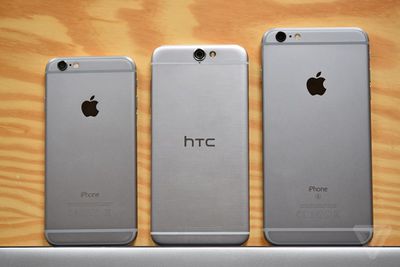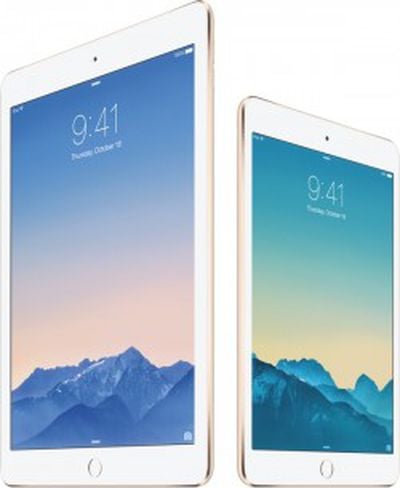Apple has hired Nvidia's Jonathan Cohen, director of deep learning software for the company, according to Cohen's LinkedIn page, which was first spotted by Re/code. Deep learning essentially trains computers to recognize patterns in data and then organizes them in a similar way to humans. Nvidia uses deep learning in its Nvidia Drive PX platform, which is used to power self-driving cars.
Cohen's LinkedIn page doesn't list an official title with Apple, instead only listing "Software" as his position. He's held multiple positions within Nvidia since joining the company in 2008, starting out as a Senior Research Scientist and building his way to Director of Deep Learning Software this year. Cohen also has experience working with Nvidia's CUDA platform, which is used to power GPUs in broad-ranging use cases like air traffic control and blood flow prediction software.
As noted by Re/code, Apple currently uses deep learning for Siri and Apple Maps. It's unknown what Cohen's expertise could be applied to at Apple, but at this year's CES Cohen was explaining how Nvidia's deep learning technology was being used in its self-driving car platform Drive PX.
Apple has met with California DMV officials regarding self-driving car laws within the state and multiple reports from The Wall Street Journal indicate that the Cupertino company is exploring the functionality with the possibility of including it in a later iteration of the much-rumored Apple Car.
In recent years, Apple has poached employees from Tesla, Ford, GM, A123 Systems and Samsung for its secretive automotive project. More recently, it's hired away talent from electric motorcycle startup Mission Motors, who had to close its doors after the talent drain. In September, it was reported that Apple was labeling the car project a "committed project", speeding up development and aiming for a 2019 launch date.


 Apple was slapped with a $5 million class action lawsuit over iOS 9's Wi-Fi Assist feature today,
Apple was slapped with a $5 million class action lawsuit over iOS 9's Wi-Fi Assist feature today, 
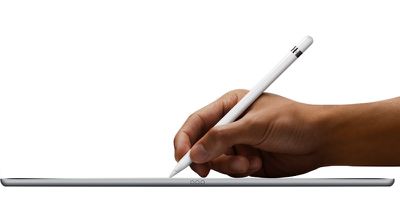

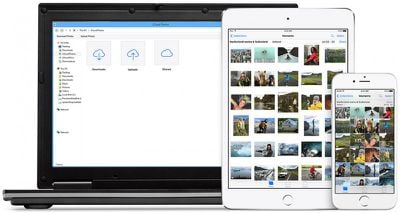


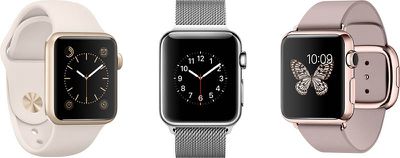
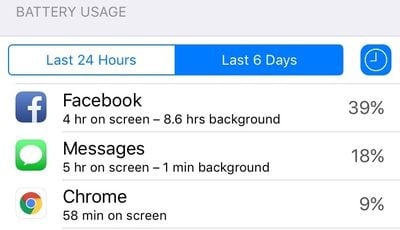
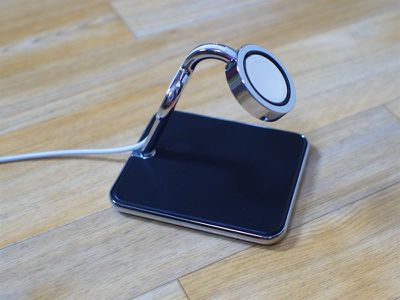

 Apple today updated its iMovie app for iOS devices to version 2.2.1, fixing several bugs and adding 4K support for the iPad Air 2 following yesterday's release of iOS 9.1. An iPad Air 2 running iOS 9.1 can now be used to edit and share 4K resolution videos.
Apple today updated its iMovie app for iOS devices to version 2.2.1, fixing several bugs and adding 4K support for the iPad Air 2 following yesterday's release of iOS 9.1. An iPad Air 2 running iOS 9.1 can now be used to edit and share 4K resolution videos.




